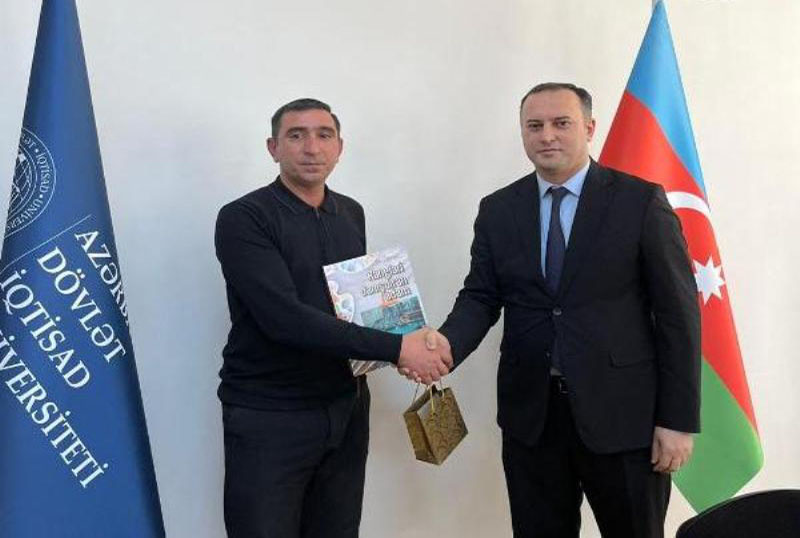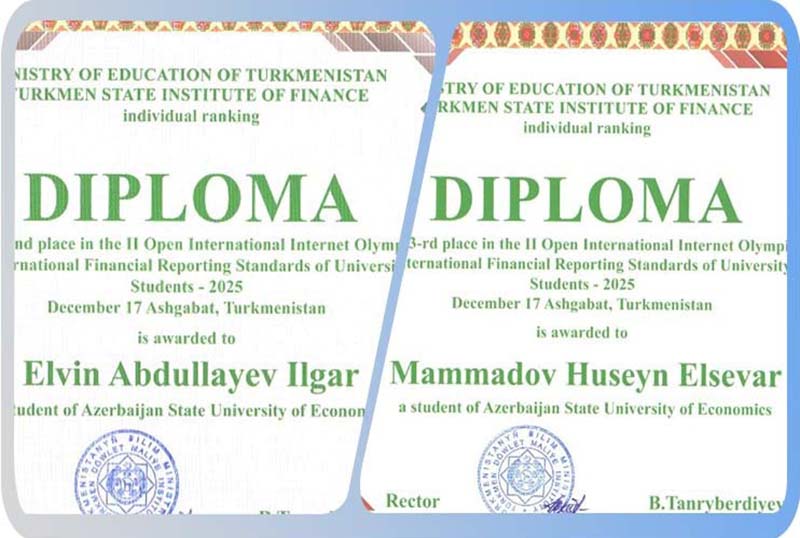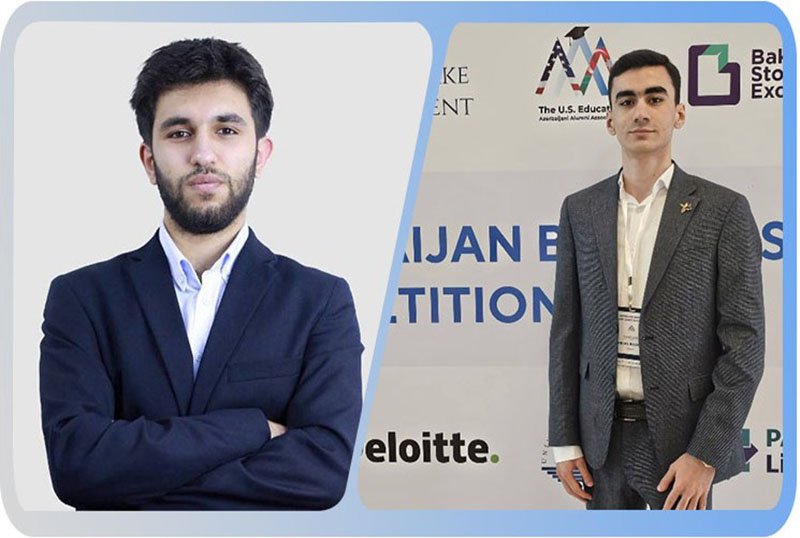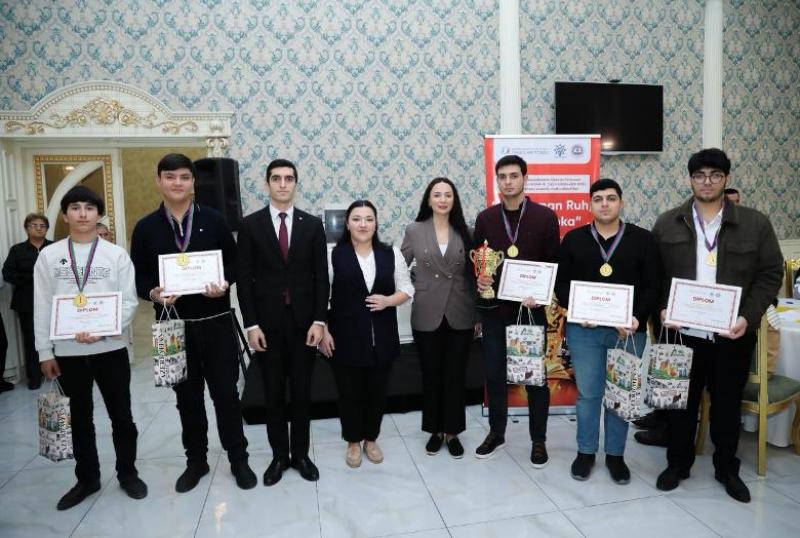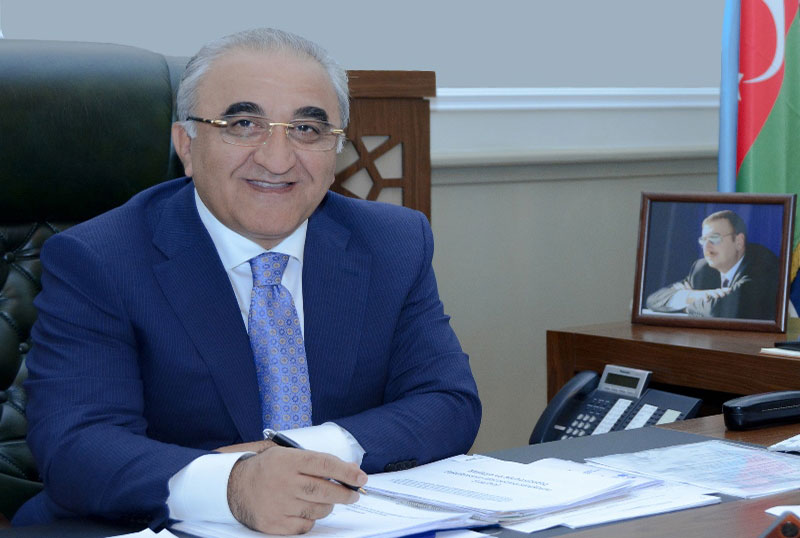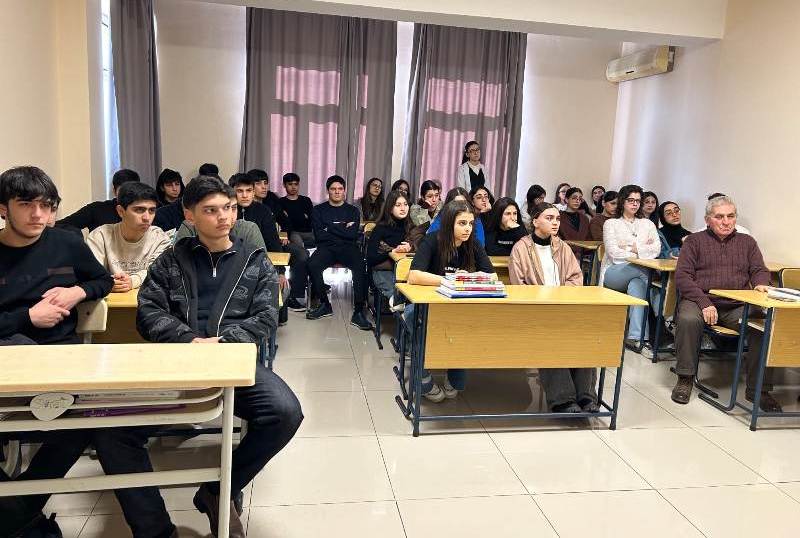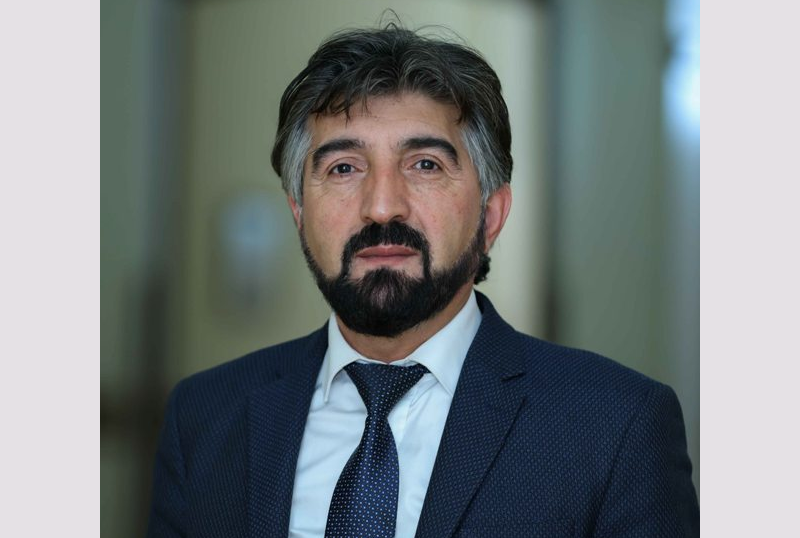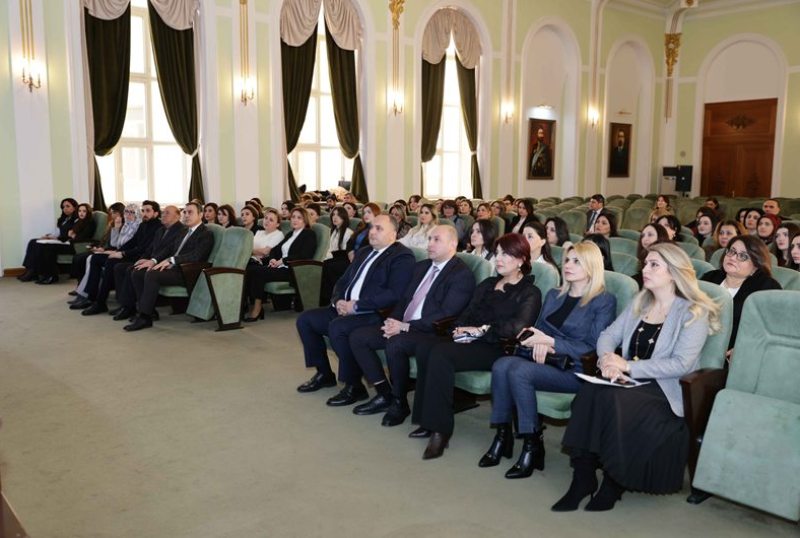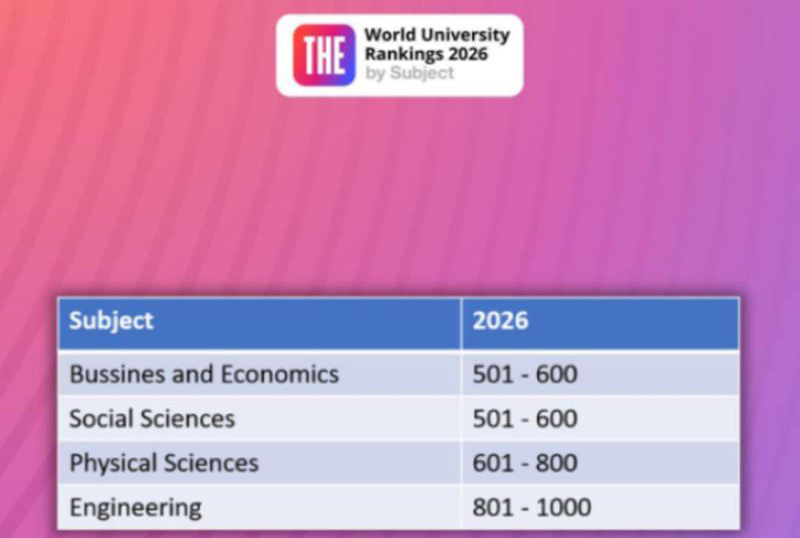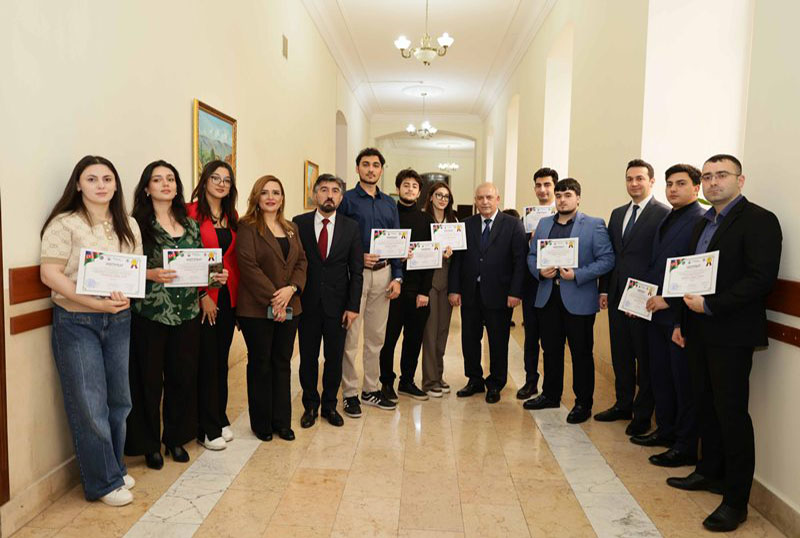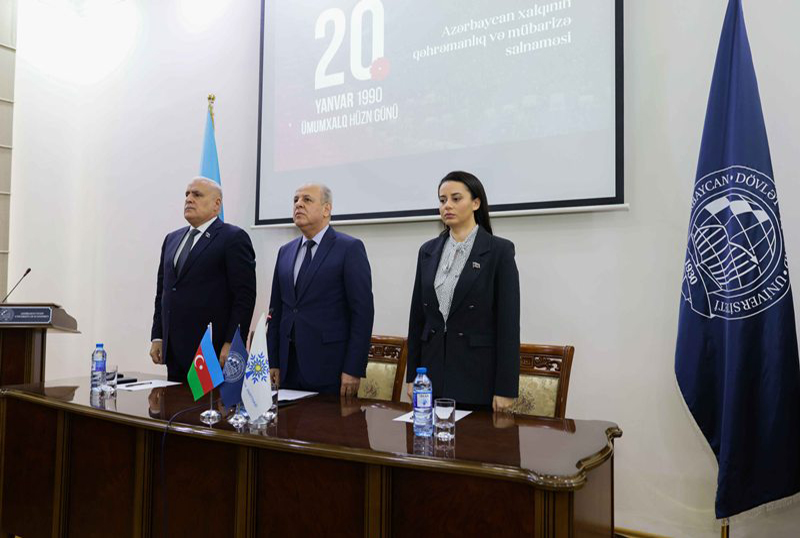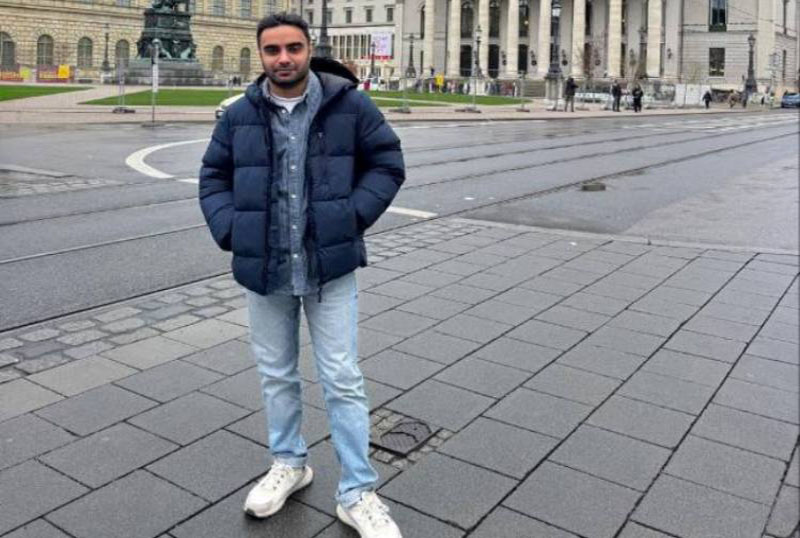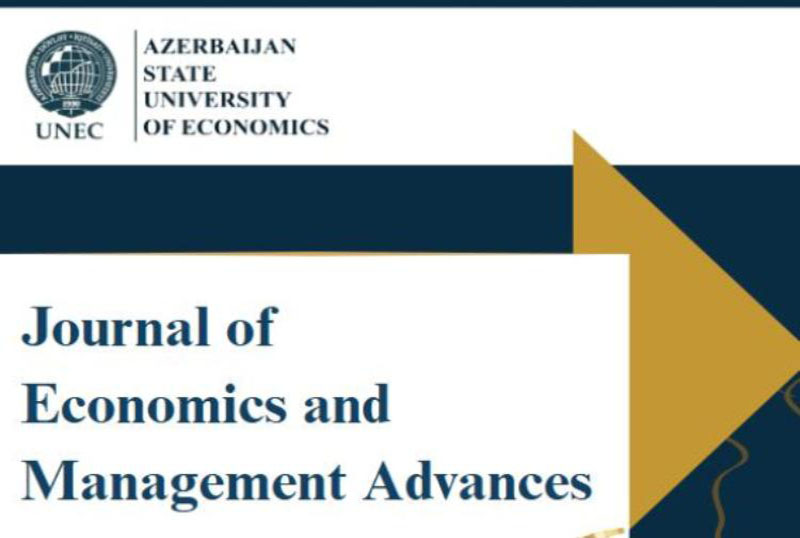Climate change is one of the greatest global challenges of our time. It threatens to roll back decades of development progress and puts lives, livelihoods, and economic growth at risk. Carbon pricing has emerged as a critical tool for incentivizing emissions reductions and driving the transition to a low-carbon economy. The 29th Conference of the Parties (COP29), the United Nations next climate conference, is scheduled for November 11-24 2024 in Baku, Azerbaijan. And as it convenes to address the urgent challenges of climate change, it is one of the critical topics on the agenda. So what does it mean to put a price on carbon, and why do many government and business leaders support it? Moreover, why is carbon pricing important for Azerbaijan and what does hosting cop29 mean for our country?
Carbon pricing is an approach to reducing carbon emissions (also referred to as greenhouse gas, or GHG, emissions) that uses market mechanisms to pass the cost of emitting on to emitters. Its broad goal is to discourage the use of carbon dioxide-emitting fossil fuels in order to protect the environment, address the causes of climate change, and meet national and international climate agreements. A key aspect of carbon pricing is the “polluter pays” principle. By putting a price on carbon, society can hold emitters responsible for the serious costs of adding GHG emissions to the atmosphere; these costs include polluted air, warming temperatures, and various attendants ills (threats to public health and to food and water supplies, increased risk of certain dangerous weather events). Putting a price on carbon can likewise create financial incentives for polluters to reduce emissions.
As The World Bank explains, there are two main types of carbon pricing: a cap-and-trade system and carbon taxes. A cap-and-trade system caps the total level of greenhouse gas emissions and allows those industries with low emissions to sell (trade) their extra allowances to larger emitters (the clue is in the title :) ). The system establishes a market price for greenhouse gas emissions by creating supply and demand for emissions allowances. The other type, a carbon tax, directly sets a price on carbon by defining a tax rate on greenhouse gas emissions or – more commonly – on the carbon content of fossil fuels.
Unfortunately, the final text of COP28 largely left carbon markets out of the picture, pushing off unanswered questions until COP29 this year, as Daniel Bernstein from Sustainable Development Solutions Network (2023) states. It could be argued, however, that this delay is for the best: it’s better to have a practical and environmentally sound carbon market in the consequent year than a potentially harmful one. However, there was progress at COP28 — even if it lacked consensus and couldn’t be adopted. This progress can be built on, even through another year of ambiguity and indecision. Ultimately, at COP29, which will take place in Baku, Azerbaijan, under the Presidency of the Ecology and Natural Resources Minister, Mr Mukhtar Babayev, negotiators will attempt to finally create a stable carbon market with global cooperation. The world will expect a resolution to rebalance the global carbon budget.
Carbon Pricing in Azerbaijan
As a country that is economically heavily dependent on the production, refining, and export of oil and natural gas, which is one of the main sources of climate change, Azerbaijan has for many years clearly expressed its commitment to the principles of sustainable development, the transition to alternative energy sources, and the development of green, waste-free production technologies, taking various measures both on a national scale and interacting in their implementation with other countries on a broader international scale. One of the most important steps in this direction is certainly Azerbaijan's accession to the Kyoto Protocol in 2000, which limits emissions of greenhouse gases into the atmosphere that cause global warming. In addition, it is planned to introduce carbon taxes in Azerbaijan by 2030, which is a significant contribution from Azerbaijan to mitigating global warming.
A draft law concerning the implementation of a carbon tax is currently being prepared by Azerbaijan, as stated by Mukhtar Babayev. He emphasized that in developed nations, a carbon emission tax is already in effect. Additionally, Babayev highlighted that the European Union plans to levy this tax on products originating from carbon-intensive industries, which Azerbaijani exporters of certain products should take into consideration.
Azerbaijan's hosting of COP29 is an important achievement for the country and a demonstration of its strong commitment to climate action. The event is an important opportunity for Azerbaijan to support a wider use of renewable energy sources, and speed up the green transition.
Challenges and Opportunities of Carbon Tax:
Once again, carbon tax refers to the price the emitters must pay the government for each ton of greenhouse gas they emit.
A carbon tax is an excellent method of reducing atmospheric emissions and stimulating various industries to reduce their emissions as much as possible, develop and switch to green technologies, and more sustainable types of energy than hydrocarbons. Thus, carbon pricing has the potential to transform green technologies and energy sources into something more than just a way to protect the environment, but rather a potential opportunity for industries to achieve a comparative and absolute advantage in the market by reducing the tax burden from emissions using waste-free technologies.
There are reasons why countries often find it difficult to implement a carbon tax, such as opposition from fossil fuel stakeholders and public opposition due to possible price increases, which can negatively impact the standard of living of the population, particularly the low-income group, which could violate the principles of sustainable development. In addition, there is a perception that taxes reduce welfare and increase unemployment by reducing consumption and production, due to higher costs for producers ending up with higher prices for consumers. For the economy, especially for the economies of developing countries, such a transformation can be very painful and lead to a decrease in economic activity. In addition, assessing the market value of emissions is an extremely complex, costly, lengthy and complex process. Calculating the exact amount of tax to maintain the balance of economic activity and climate and environmental protection requires a comprehensive approach and, unfortunately, may not always be calculated accurately, which can lead to both the socio-economic balance being undermined and unsatisfactory results in the field of climate change mitigation and environment.
In conclusion, as proof of Azerbaijan’s commitment to mitigating climate change and the principles of sustainable development on both a regional and global scale, it can be mentioned that introducing carbon taxes is expected in Azerbaijan by the end of the current decade. With a focus on Azerbaijan, it is essential to recognize the role that carbon pricing can play in achieving the country's climate goals, enhancing ambition, mobilizing finance, and fostering global cooperation. As noted previously, carbon pricing, despite its shortcomings has a significant capacity to slow down climate change, help protect the environment and atmosphere, reduce harmful emissions, bring us closer to a greener and more sustainable world, and most importantly, help us leave to future generations a better planet to live.
Leyla Abbaslı, senior Azerbaijan State University of Economics student, International School of Economics faculty, Economics major, group 1066.
Rashad Osmanov, senior Azerbaijan State University of Economics student, International School of Economics faculty, Economics major, group 1066.




